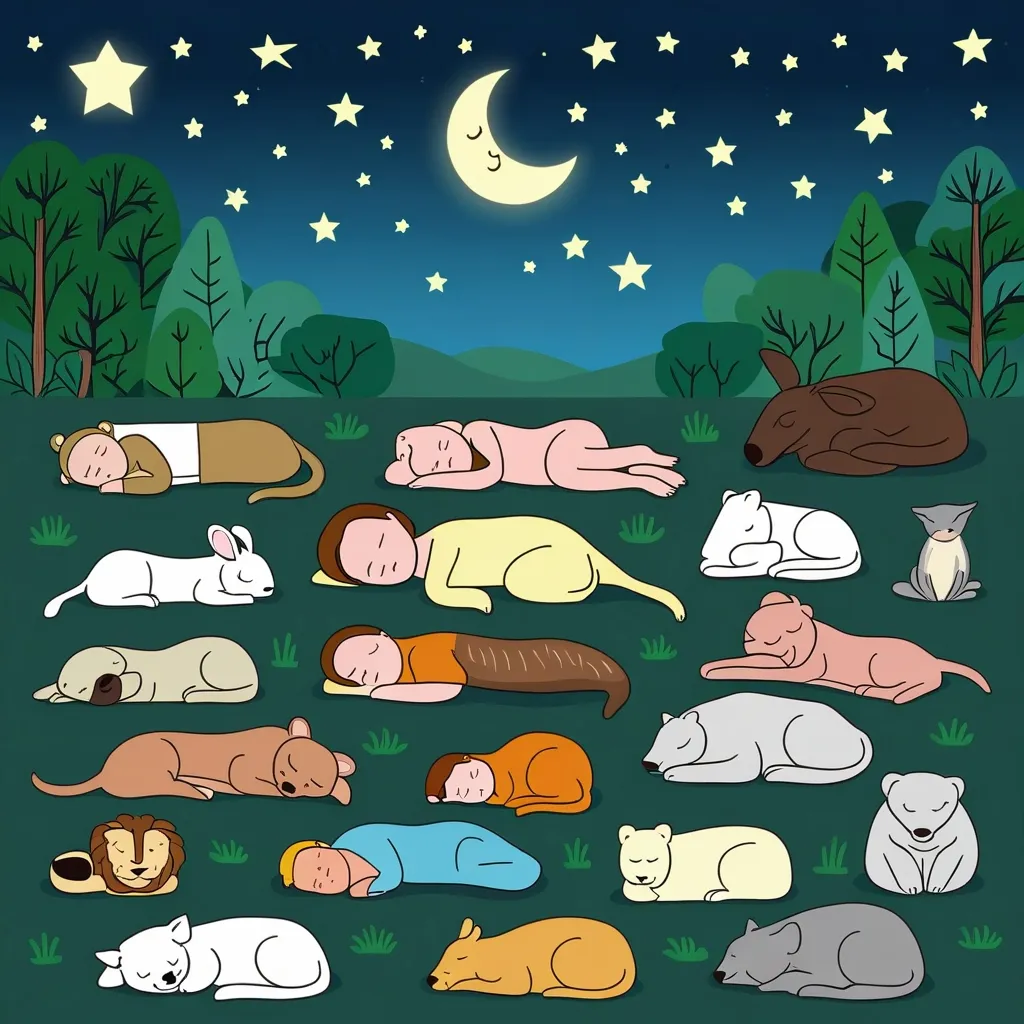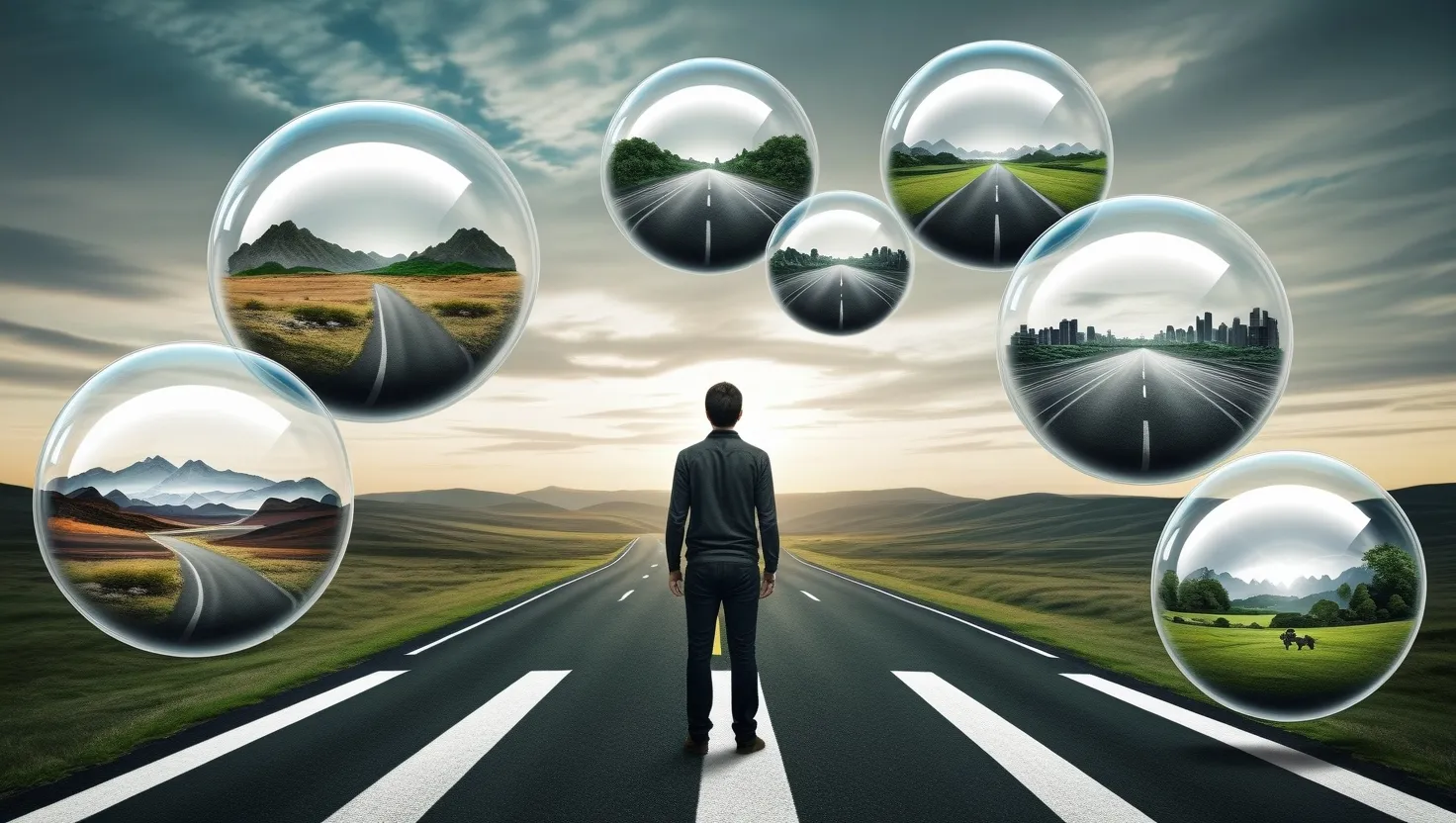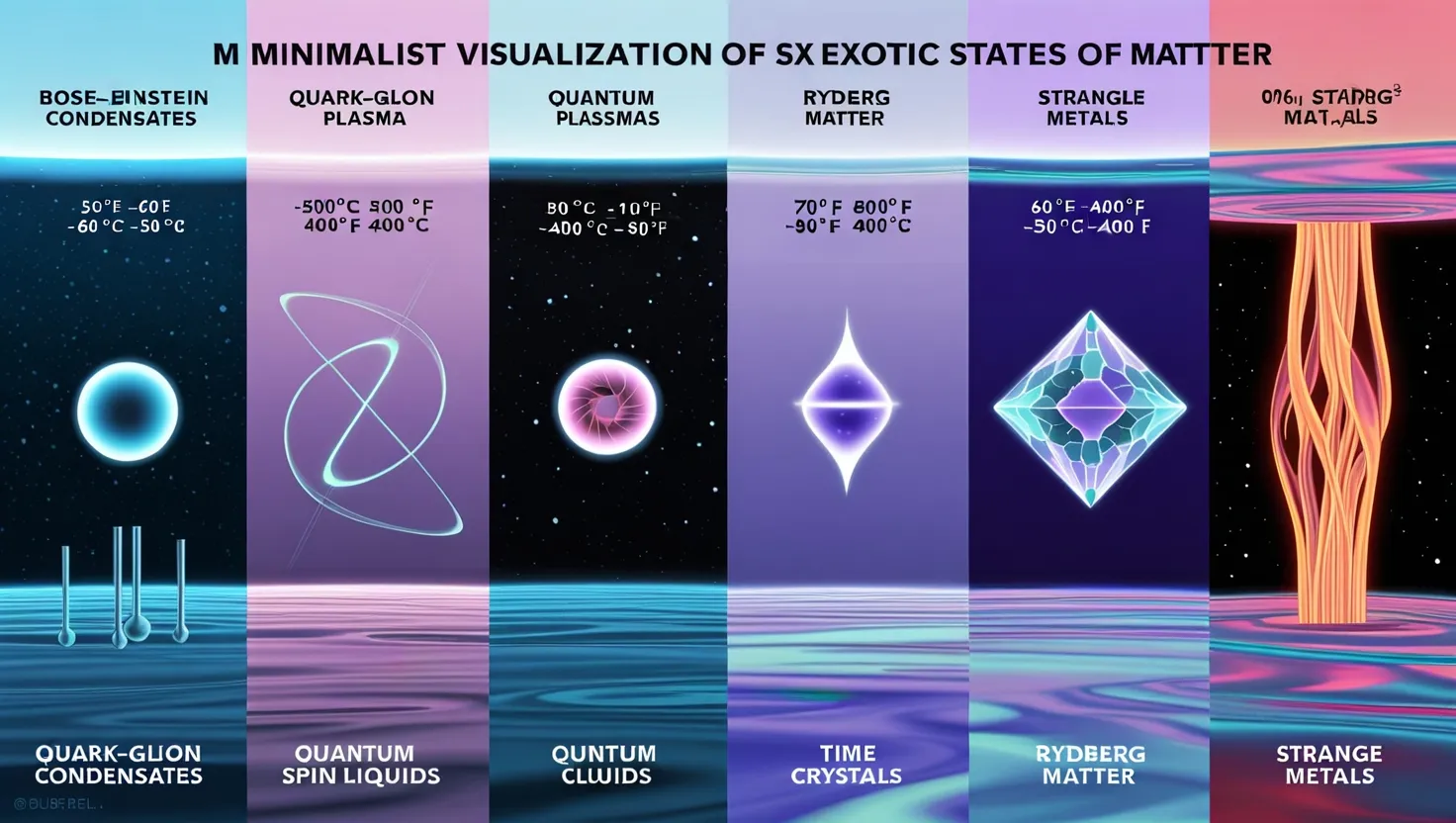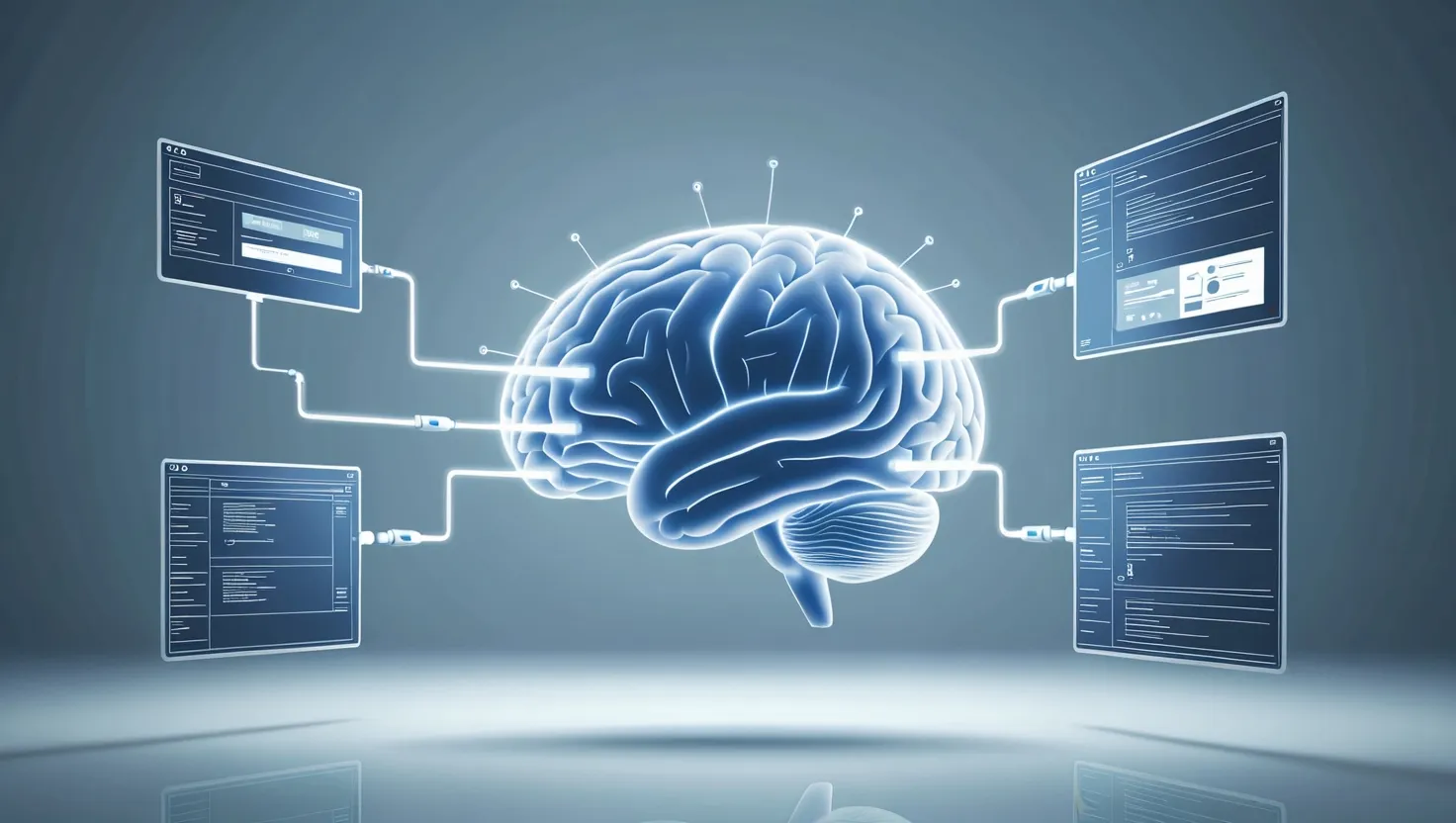Sleep, that curious and captivating nightly ritual, has been a riddle we’ve tried to crack for generations. Despite being something almost every living creature does—from buzzing bees to soaring birds—why we need sleep remains partially cloaked in mystery. Yet, sidestepping sleep’s significance is a little like ignoring the foundational pillars of life: eating and breathing. Its absence isn’t just a yawn-fest; it’s a health crisis in waiting.
From the tiniest of insects to the largest mammals, catching some Z’s is ingrained in the fabric of life. But here’s the kicker: humans are unique in the animal kingdom because we often snub enough sleep on purpose. That’s right. Even as our bodies scream for that glorious, uninterrupted eight hours, we prioritize almost anything else. No surprise, then, that this self-sabotaging choice has snowballed into a full-blown sleep deficiency crisis. In industrialized corners of the world, two out of three adults fall short in their nightly slumber requirements. It’s societal sleep skepticism at its most brazen.
The fallout from depriving ourselves of sleep is straight up scary. Chronic sleep starvation is like a bad actor in pretty much every terrible health scenario—think cognitive blunders, groggy memory, and a fragile immune system just itching for trouble. Without those precious hours of rest, our brains are like malfunctioning computers, struggling to focus, compute, and connect the dots. In the real world, this translates to dipping productivity levels, higher accident risk, and frighteningly serious conditions—stroke, hypertension, heart disease, you name it.
What’s sleep really up to when the lights go out? It turns out, quite a lot. It’s the body’s repair workshop, a detox center, and a hormone-hatching haven all rolled into one. It’s the time when our brain plays a game of Marie Kondo—tidying up information, tossing out irrelevant bits, and reorganizing those neural pathways. Science shows that even a brief nap can ramp up learning. Case in point: folks who took a solid 90-minute snooze after hitting the books showed better test results than their sleep-skimping counterparts.
The orchestration of sleep is a symphony attuned to our body’s 24-hour alarm clock, known as the circadian rhythm. This internal clock manages to keep time with help from environmental cues like light and dark, ensuring mornings greet us with alertness and nights have us reaching for the comforter. During this nightly performance, the sleep cycle shuffles through various acts—three non-REM stages and one REM stage—each setting the stage for restorative magic essential to healing, learning, and mood management.
One theory of why we hit the hay revolves around energy conservation. Imagine a primitive, cosmic account where every sleep cycle saves up 35% of energy per day. Sleep’s like putting the body’s engine on cruise mode, economically speaking. Then there’s the body-as-a-workshop idea—where sleep is crucial for cellular repair, protein production, and hormone release—a trio essential for keeping diseases at bay and health thriving.
Focus now shifts up north to the brain’s role during sleep. The brain basically goes into clean-up mode. A system called the glymphatic system kicks into gear, helping drain out the day’s heap of neural garbage, which otherwise would be a cluttered mess leading to potential neurodegenerative dramas. Sleep stages also allow nerve cells to refashion themselves, strengthening essential memories while purging the incidental noise.
Sleep doesn’t just fend off the physical bogeyman; it also plays with the puppet strings of emotions and decision-making. It’s like an invisible therapist, calibrating our moods and stress levels, so we handle life’s rollercoaster with more grace and less drama. Skip sleep, and it’s like having foggy goggles, distorting risk assessment and decision-making, which is a recipe for accidents and regrettable choices.
Aging brings its own set of sleep challenges. A dimming of sleep’s quality and quantity emerges with time. Fewer sleep spindles, pivotal for memory and learning, form as age rises, making it harder for our elder selves to hang onto fresh memories overnight. Research shows a tangible link between fewer sleep spindles and the forgetfulness familiar to elderly nights.
The absolute necessity of sleep is no more apparent than in extreme cases of deprivation. In rats, going cold turkey on sleep led to an early demise as fast as starvation would. The human equivalent—like the rare, harrowing case of fatal familial insomnia—swiftly underlines that sleep isn’t just a whimsical escape but a vital component for survival.
Sleep-deprivation isn’t just a personal health hiccup; it’s a public safety menace. A notable trivia in industrial accidents, like the infamous Exxon Valdez oil spill, ties back to lack of sleep. The silver lining? National campaigns now spotlight better snooze habits to ward off health risks and catastrophes. But despite these efforts, sleep remains a back-burner priority for many.
While sleep may hover as a bit of a mystery, its necessity is about as disputable as the sunrise. Each snatch of snooze feeds into our cog in the life machine—helping juicing up wellbeing, sharpening cognitive prowess, and anchoring health. By opening our eyes to the grandeur of a good night’s sleep, there’s promise in each new dawn for a sharper, more vibrant, and productive existence. Prioritizing sleep isn’t a mere lifestyle switch but a fundamental return to life itself. In our ever-busy lives, it’s high time we take ‘rest’ off the wish list and put it right back where it belongs—a loving, non-negotiable mainstay of healthy living.






